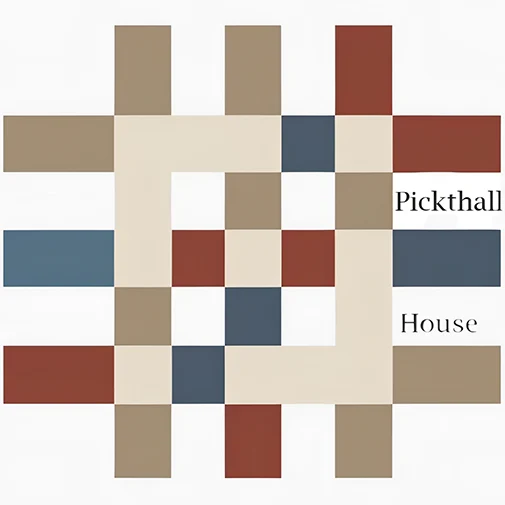Pickthall is concerned by the approach taken by Michaela school, which has a 50% Muslim pupil population, in banning prayer rituals, and sees this as a threat to religious liberty, British secularism and positive integration.
A Muslim pupil at the school mounted a High Court challenge against the ban and yesterday lost. Dismissing the student’s case, Mr Justice Linden stated: “The claimant at the very least impliedly accepted, when she enrolled at the school, that she would be subject to restrictions on her ability to manifest her religion.” The judgement acknowledged that the ban “indirectly discriminates” against Muslims, since Muslims were the group performing collective prayer rituals.
Pickthall notes that this case has been unusually high profile and has been celebrated by several prominent commentators in national newspapers. This is concerning because the court’s judgement, the school’s stated approach and much of the commentary surrounding the case all omit to address the conventional role of religion in England’s state schools.
Michaela’s headteacher, Katharine Birbalsingh, has said publicly: “If a school is secular, it ought to be allowed to be secular”. But there are no secular state schools in England. All of them, including academies and free schools, are in fact mandated to provide a daily act of collective worship. This would be Christian – unless a school was granted a determination to provide another form of worship to cater to the background of its pupils.
In practice, few schools comply with this rule and even fewer people are aware of its existence, a result of societal secularisation. Remarkably, the requirement was not addressed in the court case. For Michaela school and its defenders to point to the principle of secularism in defending the prayer ban is thus highly problematic. Pickthall argues that the prayer ban is emblematic not of Britain’s traditional secularism but of a lurch towards a more militant continental secularism that is more restrictive towards religion in the public sphere and less concerned with free expression. It is an attack on religious freedom – as well as Britishness as conventionally understood. Furthermore, pointing to misbehaviour by pupils and threats (as Michaela did) is not a valid argument in imposing a prayer ban, since it amounts to endorsing a heavy-handed and sweeping collective punishment of all pupils who wish to pray – instead of deploying targeted behavioural measures or seeking a police response where necessary. Most schools with significant numbers of Muslim pupils allow them to pray in empty classrooms or designated spaces, with no problems.
Pickthall’s assessment is that the outcome of this case and its accompanying furore cannot be understood in isolation, and is evidently associated with the broader moral panic around British Muslims and integration. The Michaela case is emblematic of a recurring theme in the public debate, in which those voices who are ostensibly calling for better British Muslim integration, become an impediment to achieving it by framing Muslim interests (in this case the legally protected right to prayer) as counter-cultural.Pickthall supports Muslim integration and believes that British Muslims should be encouraged to comfortably feel both British and Muslim. The school’s approach, championed by many prominent commentators, threatens this by placing significant restrictions on pupils’ ability to be their full selves. This suggests an un-British attempt to impose uniformity on children by restricting their freedom. Refusing to accommodate pupils’ religious practices hinders, not helps, integration. Britain’s historically more tolerant approach has proved much better at encouraging social cohesion than France’s policy of coerced assimilation.
Pickthall believes that the role Anglicanism as the state religion plays in our public life should be defended and preserved, while religious pluralism should be encouraged. State schools should have the right to provide collective worship based on their own ethos, while pupils of different faiths and none should have the right either not to worship or to engage in their own collective acts of worship.


